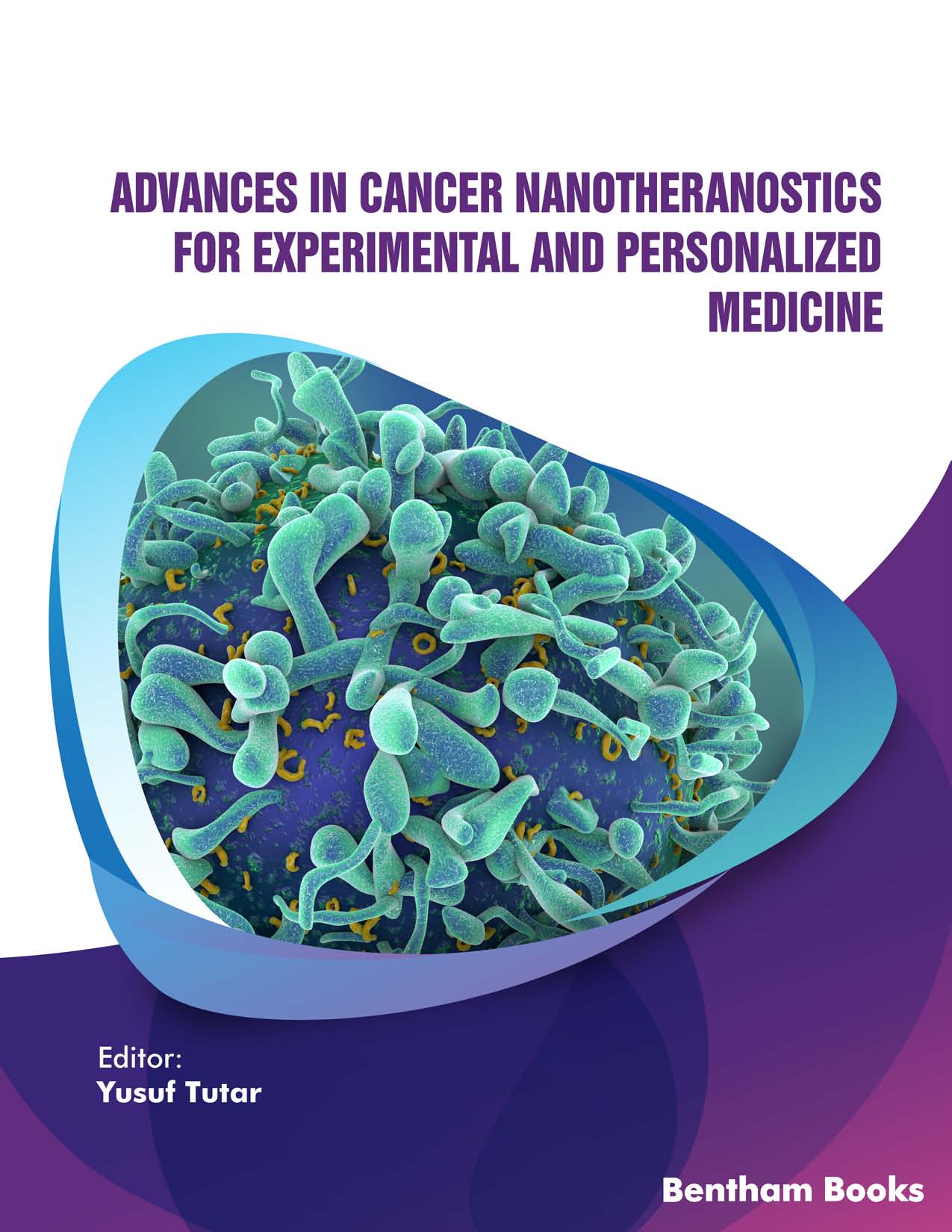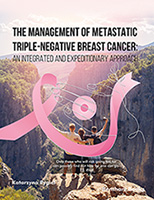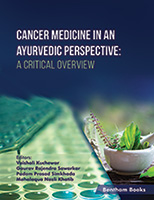Introduction
Nanotheranostics is a recent medical field which integrates diagnostic imaging protocols and therapeutic functions to monitor real time drug release in the body and distribution to the target site. The combined processes allow technicians to observe the effectiveness of a specifically designed drug candidate and predict its possible side effects. All these features help clinicians in optimizing treatment options for cancer and other diseases for the individual patient. Current research is tailored to individual therapy because each drug may display a variety of responses depending on variations in an individual’s genetics and subsequently, their clinical biochemistry. Many tumors are still challenging for therapists in terms of available treatment and nanotheranostic strategies may help them to combat cancer more efficiently.
Advances in Cancer Nanotheranostics for Experimental and Personalized Medicine
presents information about current theranostic technologies in use at clinics and recent research on nanotheranostic applications, with a focus on cancer treatment. Information is presented in seven organized chapters that cover the basics of cancer nanotheranostics, tumor microenvironmental factors, gene therapy and gene delivery concepts, and the combined application of diagnostic imaging with cancer chemotherapy. A chapter focusing on the role of non-coding MRNAs in breast cancer carcinogenesis is also included, giving readers a glimpse of the complexities in the molecular biology of cancer which drive the need for new theranostic technologies. The book is of interest to medical professionals (including oncologists and specialists in internal medicine), diagnostic imaging technicians, and researchers in the fields of pharmacology, molecular biology and nuclear medicine.





